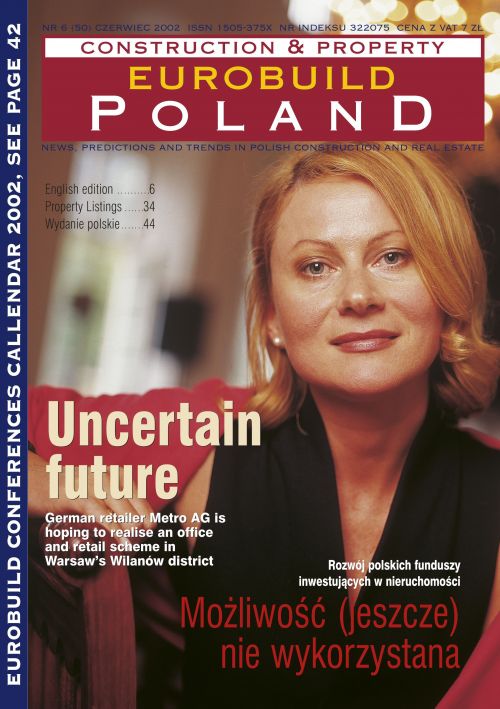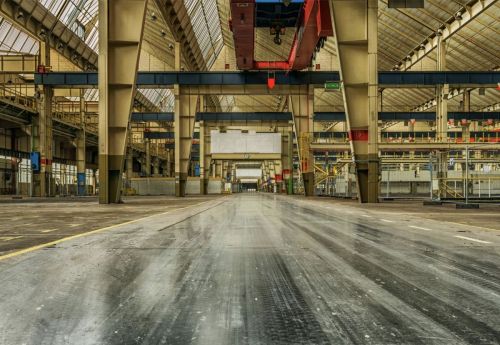During the opening ceremony held a few weeks ago for the eleventh
Carrefour hypermarket in Poland and the fourth in Warsaw, Guy Iraeta,
director of the French retail chain, said there was still room for more
large-scale retail outlets in Poland. "France has over 2,000
hypermarkets, whereas in Poland there are only about 120. Development
possibilities are, therefore, immense." DTZ's Magdalena Gniazdowska,
however, does not see an increase in hypermarket development in the near
future.
Does this mean we can expect a rapid increase in the number of such
developments in the future? "I don't think so. After all, we cannot
compare the Polish market with the French one, which is much bigger,"
says Magdalena Gniazdowska, retail specialist at DTZ. In her opinion,
about 20 new hypermarkets ought to be built in Poland in the next two
years. In fact, this is the number of developments under construction or
in the final stages of arranging permits. Katarzyna Dziewulska of Jones
Lan




























































